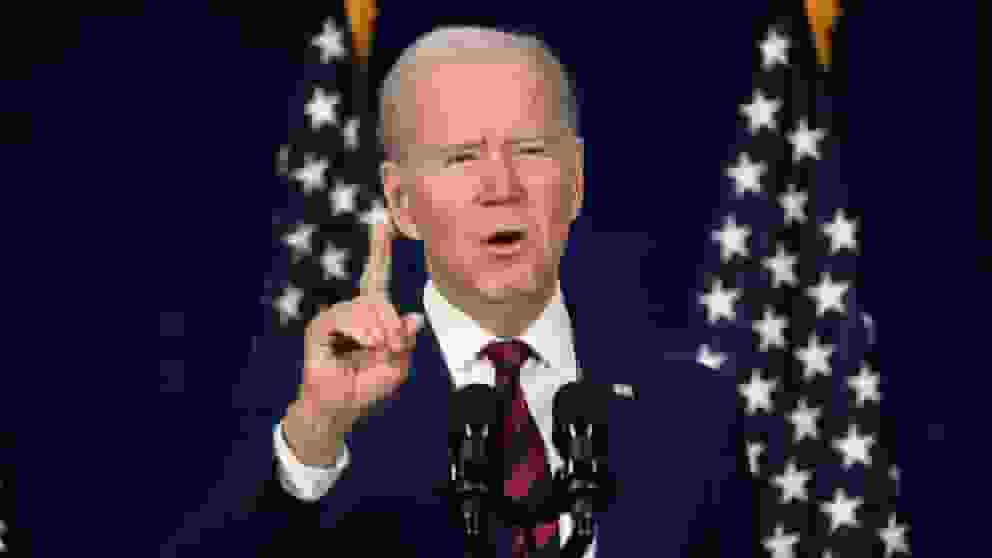Biden’s First Veto Protects ESG Funds in 401(k) Plans
President Joe Biden has vetoed his first regulation to keep the recent U.S. Department of Labor rule about ESG funds in 401(k) plans intact. The veto by President Biden upholds the stance of his administration, and it seems unlikely that there are sufficient votes in Congress to reverse it.

According to CNBC, under the Employee Retirement Income Security Act of 1974, employers are obligated to act as fiduciaries for their company’s 401(k) plans. Broadly, that fiduciary duty means they must operate the plan solely in workers’ best interests. The new rule introduced by Biden mandates that employers must take into account ESG funds factors while ensuring that they are in line with the investors’ best interests.
The Labor Department clarified in November that employers wouldn’t breach their legal duties by considering workers’ nonfinancial preferences in their final fund choice, as accommodating those preferences might encourage more plan participation and boost retirement security.
READ ALSO: Joe Biden Issues First Veto as US President to Block Anti-ESG Bill
About 5% of 401(k) plans offer an ESG fund
ESG investing has grown more popular in recent years, with investors pouring about $69 billion into the funds in 2021, according to Morningstar. However, only about 5% of 401(k) plans offer an ESG fund, according to PSCA survey data and one of the primary reasons why employers have not provided ESG funds to their workers is a lack of regulatory clarity.
ESG investments, also known as sustainable or impact funds, come in a variety of flavors, with fund managers investing in green-energy firms or companies with diverse corporate boards.
According to experts, the Labor Department rule under the Trump administration did not explicitly prohibit the inclusion of ESG funds in 401(k) plans, but it imposed restrictions on the factors employers could consider when selecting funds for workers. The rule required employers to use “pecuniary factors” that are limited to financial measures such as fund fees, return, and risk, while ESG factors are considered “nonpecuniary” and fall outside this scope. This restriction contributed to the lack of uptake of ESG funds in 401(k) plans.
While the Biden administration’s rule is poised to remain intact, it’s unclear whether it will give employers peace of mind. Due to the unpredictable nature of changing presidential administrations, employers are concerned about the risk of being sued for their investment decisions due to regulatory uncertainty. The veto may not change employers’ behavior much, as few 401(k) plans currently offer ESG funds. However, the Biden veto is a step in the right direction, signaling his administration’s support for ESG funds in 401(k) plans.
READ ALSO: Joe Biden Hails Arrest Warrant Against Russian President Vladimir Putin

